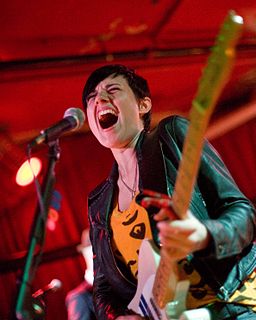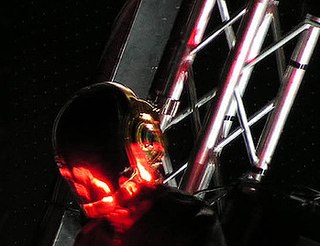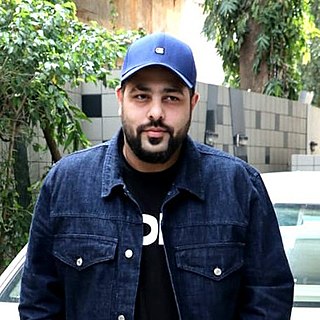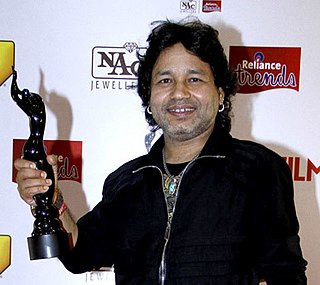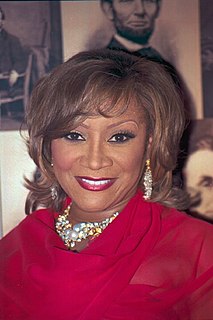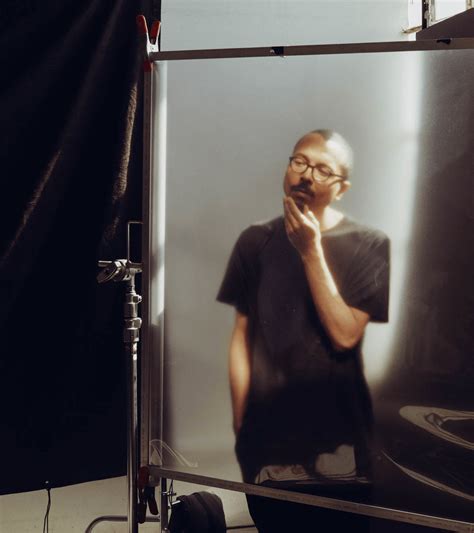A Quote by Bakari Kitwana
And just as you can find hip-hop lyrics beating up on all these groups, including young Black men themselves, the primary producers of the music, you can also find lyrics celebrating them.
Related Quotes
I usually start with a guitar riff or some little pattern of chords, and then I kind of go from there. Usually my lyrics are the last thing to go onto a song. For years and years I only ever did instrumental, so I'm still trying to get confidant with my lyrics and find the right balance. I'll generally get inspired from the music. I'll have a guitar line, and then I'll have a melody line, and I hook the lyrics up to fit that rhythm. So, my lyrics to tend be very rhythmic as well. They work with the music rather than the music works around them.
Legions of young hip-hop fans are as against this as hip-hop's most fierce critics. There is a huge underground movement within hip-hop circles that against these representation. You can hear this message on tons of lyrics and rap songs produced by independent emcees. But they are fighting against a well-oiled and well-financed machine.
Socially, hip-hop has done more for racial camaraderie in this country than any one thing. 'Cause guys like me, my kids - everyone under 45 either grew up loving hip-hop or hating hip-hop, but everyone under 45 grew up very aware of hip-hop. So when you're a white kid and you're listening to this music and you're being exposed to it every day on MTV, black people become less frightening. This is just a reality. What hip-hop has done bringing people together is enormous.
There's no difference between lyrics and poetry. Words are words. The only difference is the people who are in academic positions and call themselves poets and have an academic stance. They've got something to lose if they say it's all poetry; if there's not music to it, and you have to wear a certain kind of checkered shirt or something like that. It's all the same. Lyrics are lyrics, poetry is poetry, lyrics are poetry, and poetry is lyrics. They are interchangeable to me.
I am trying to get folks outside the hip-hop culture to understand why, despite the negatives, young people find hope and refuge in hip-hop. I'm hoping that young people immersed in the culture will work harder to capitalize on the possibilities for great social change that hip-hop represents as a national unified cultural youth movement.
As you can imagine, over the years I have been asked many times to discuss and explain my song "American Pie." I have never discussed the lyrics, but have admitted to the Holly reference in the opening stanzas. You will find many interpretations of my lyrics but none of them by me. You will find many “interpretations” of my lyrics but none of them by me. Isn’t this fun? Sorry to leave you all on your own like this but long ago I realized that songwriters should make their statements and move on, maintaining a dignified silence.
I used to do more melodic stuff, and I used to do more actual rap - like traditional hip hop vocals. I think my method of storytelling has led me to this point, at which I want to pare down my style. I think I give the lyrics more thought, and then when I try to perform the lyrics over the track I'll try it over and over again, and eventually the lyrics will sink into the track by the way I project them.

